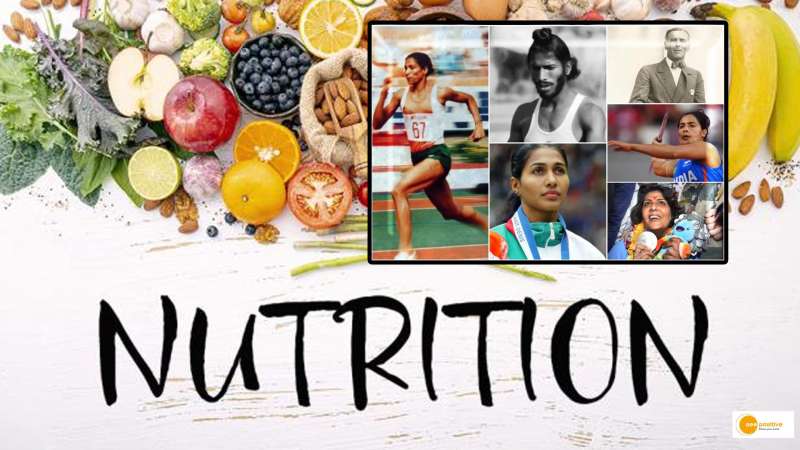

Most coaches and athletes at all levels know how important it is to eat well for their sport. There are many things that affect an athlete’s overall performance, but food is one of the most important ones because it gives them the energy they need to do well at a high-level sport. When it comes to sports nutrition, what’s best for your overall health and what’s best for your athletic performance are two very different things.
It’s common knowledge that what an athlete eats can affect how well they train, recover, and compete. Food and drink give us the energy we need to do the things we need to do every day. Depending on the sports we do, and how we train for them, our energy reserves are used up in different ways. When, how much, and what kind of food you eat all affect how well you do in sports. Some of the things that can change a person’s needs are age, genetics, gender, sport, and way of life. When specialized training for weight loss or performance is paired with a custom sports nutrition and lifestyle plan, both the results and the client’s satisfaction go up.
As per sports nutrition, athletes should eat between 1,800 and 2,100 calories a day, with 55–60% of those calories coming from complex carbs. Carbohydrates, which are found in grains, millet, oats, quinoa, lentils, beans, and fruits, are the body’s main source of fuel because they give the body the energy it needs to move around. Fat should make up 25% of calories, but most of those fat calories should come from healthy foods like nuts, seeds, fatty fish, and avocados. Protein-rich foods, such as poultry, fish, eggs, legumes, lentils, beans, millets, soy products, and quinoa, should make up about 15–20 percent of your daily calories. When you work out, your muscles get hurt, but protein helps them heal and grow, which keeps them from getting smaller. People have different needs for how much carbs, proteins, and fats they need in their diets. This is because the length, intensity, and variety of physical activity, as well as the person’s body composition and metabolic rate at rest, all play a role.
People who don’t move around much during the day should drink about 3.3 to 3.5 liters of water every day. Athletes should drink a lot of water to make up for the fluids they lose when they sweat a lot during hard training. Dehydration can cause electrolyte imbalance and muscle cramps, so it’s best to drink 4.5 to 5 liters of water every day.
Coconut water, water with fruit infusions, fruit juices, buttermilk, energy drinks, and green tea are all other liquids that should be part of the diet.
Vitamins, minerals, and phytochemicals are examples of micronutrients that should be eaten regularly and in the right amounts. Micronutrients help the body work better,
keep it from getting sick or hurt, and help lean muscle growth, among other things. Eat a variety of seasonal, locally grown fruits and vegetables to make sure your body gets all the nutrients it needs. There are a lot of antioxidants and fiber in these meals. These are two things that help reduce oxidative stress and inflammation. You can eat fruits in many different ways, like salads, smoothies, fruit yogurt, or mixed with chopped nuts and seeds. Vegetables can be eaten raw in salads or cooked in a number of ways, such as by sautéing, steaming, or stir-frying. Even if you don’t like vegetables much, you can still get the nutrients you need from a vegetable smoothie or juice.
The key to a healthy, disease-free body is to eat food that is as close to its natural state as possible. Athletes, on the other hand, compete, train hard, and have special dietary needs because of how much they move and train. With the right supplements, you can change the way your body works for the better, which will help you train better and recover faster. You should choose your vitamin needs with care.
Taking protein supplements can help your muscles grow and heal. The protein-making process in muscle tissue is helped by amino acids, which in turn help the muscle tissue get stronger and have more stamina. Before doing hard physical exercise, taking energy pills is a great way to give yourself more energy and focus. Mass gain supplements can help people who do strength athletes like powerlifting and bodybuilding gain weight and improve their performance. Some health supplements that have been shown to strengthen bones are vitamin D3, iron, and fish oil. With the help of these nutrients, you can avoid having too little hemoglobin and keep your heart healthy. If
you need help figuring out what your body needs in terms of food and nutrition, don’t be afraid to talk to a doctor or a nutritionist.


